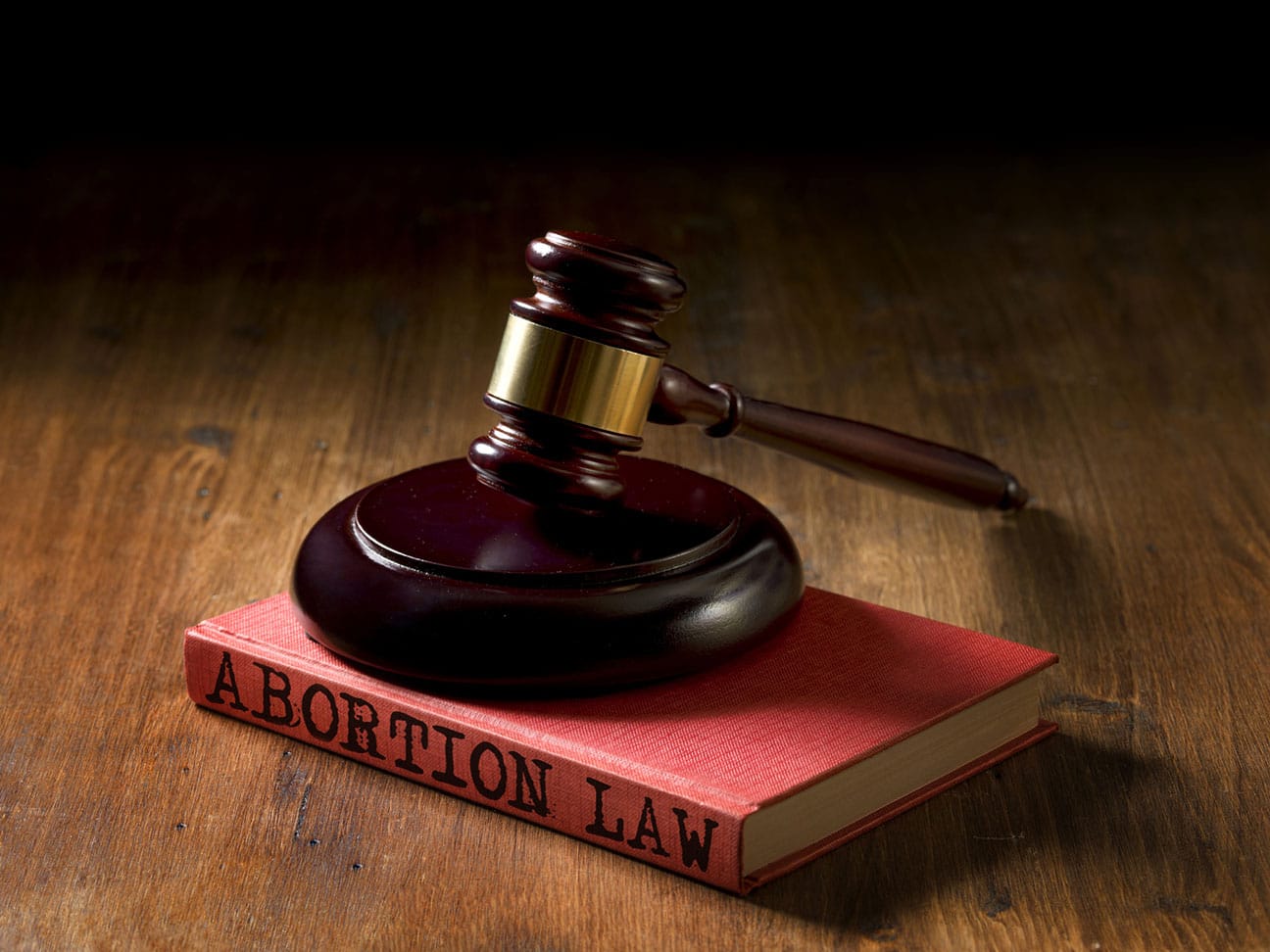 Syldavia/Getty Images
Syldavia/Getty Images As I witness the fury that has been unleashed throughout the country by the Supreme Court’s decision to overturn Roe v. Wade, my mind has been flooded with conflicting thoughts.
First, I have compassion and understanding for a woman’s right to terminate an unwanted pregnancy, especially when the pregnancy risks the health and well-being of the woman.
But second, when I’m honest with myself, I have to confess a certain sadness at the very idea of a potential life being terminated.
For as long as I can remember, the subject of abortion has left me emotionally rattled. How could it not? It’s connected to one of the deepest, most transcendent moments in life—a human birth. Every pro-choice activist was once a baby that was born.
Maybe this is why abortion is the impossible subject—it pits the interest of a real human life against the interest of a potential life. Indeed, because the notion of “life” is cited on both sides, how could it not be the most controversial and divisive issue of our time?
Abortion should not be just another issue. “Real life versus potential life” should be the ultimate human issue. It annoys me when that delicate complexity is lost, when abortion is reduced to another partisan battle with pithy slogans on both sides.
If you’re pro-choice, you ought to have room in your heart for the unborn who will never be born. If you’re anti-abortion, you ought to have room in your heart for a woman’s right to care for her own well-being.
Is it possible to hold these two sentiments at the same time— to have understanding for a woman’s rights and sadness for the unborn? In today’s world, probably not. The days of President Bill Clinton’s poignant line that abortion should be “safe, legal and rare” are long gone.
The truth is, we never really had that long and difficult national conversation about abortion.
Because Roe came quickly from the very top and was the established law for so long, it made any debate moot and unnecessary. For nearly half a century, one side got used to it while the other side planned to overturn it. By the time the dam broke and a new Supreme Court decided Roe was unconstitutional, it was too late to retrofit a debate.
By the time the dam broke and a new Supreme Court decided Roe was unconstitutional, it was too late to retrofit a debate.
At this point, no argument can lessen the rage on one side or the relief on the other. For those who are devastated by the decision, it doesn’t really matter that the Court didn’t actually terminate abortion but returned the issue to the States. As it wrote: “The permissibility of abortion, and the limitations upon it, are to be resolved like most important questions in our democracy: by citizens trying to persuade one another and then voting.”
This may be one of the ironies of Roe: By taking the issue away from the people and ruling from the top, it essentially terminated the debates that were necessary for one of humanity’s most sensitive subjects.
Even Justice Ruth Bader Ginsburg, in a 2013 talk at the University of Chicago, expressed reservations at Roe’s sweeping nature. “My criticism of Roe is that it seemed to have stopped the momentum on the side of change,” she said. Ginsburg would have preferred, according to a report on her lecture, that “abortion rights be secured more gradually, in a process that included state legislatures and the courts.”
None of that matters much today; there’s too much water under the bridge. The monumental decision overturning Roe has triggered state-by-state repercussions that are of immediate concern to millions of women. The battle lines have been drawn. Post-Roe America will be as divisive an America as we’ve seen—legally, culturally and politically. In addition to court challenges and escalating protests, abortion will dominate the midterm elections in the Fall.
In short, a country already bitterly divided will become even more so.
It didn’t have to be this way. The conversation around abortion didn’t need to be coarse and polarizing. It could have been emotionally draining, but also sensitive and respectful. Both sides could have tried to understand both sides.
Still, we shouldn’t beat ourselves up if this issue is tearing us apart. Regardless of which side you’re on, abortion was always bigger, more intimate, more delicate, than everything. The next few years are about to confirm it.























 More news and opinions than at a Shabbat dinner, right in your inbox.
More news and opinions than at a Shabbat dinner, right in your inbox.